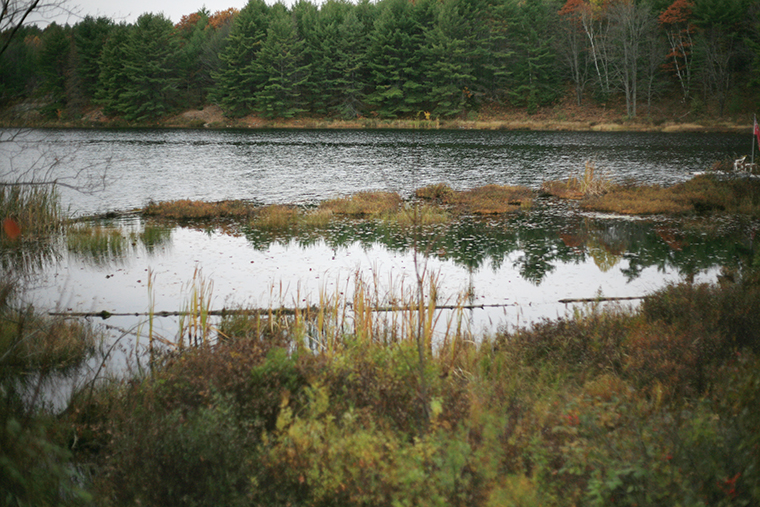
There may someday be a cure for giardiasis – a common intestinal infection known for causing prolonged diarrhea, stomach cramps, and fatigue frequently referred to as “beaver fever” – thanks to the research of an Ontario scientist.
Dr. Janet Yee, a biology professor at Trent University in Peterborough, is working on new and improved treatments for the disease caused by Giardia lamblia, a poopy parasite that contaminates freshwater lakes, rivers, and streams.
Giardiasis is considered the most common form of infectious diarrhea in humans, domestic animals, and wildlife in Canada, although statistics may be unreliable because the infection frequently goes unreported. Public Health Ontario reported 1,368 cases causing 25 hospitalizations and two deaths in 2017.
Yee may reduce future statistics. In May, she was awarded $250,000 for Giardia lamblia gene expression research as part of more than $588 million in Natural Sciences and Engineering Research Council of Canada (NSERC) Discovery Grant funding.
Yee is no stranger to the work. Federal funding has been renewed every five years since she came to Trent and began officially researching the parasite in 2000.
She began studying Giardia as a PhD student as a student in a British Columbia evolutionary biology laboratory. Back then, the single-cell parasite was considered primitive because it is missing key cellular components found in other organisms.
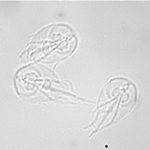
That intrigued Yee, who has focused on Giardia’s basic biology ever since.
“We want to learn more about this particular parasite … what it is about it that makes it unique, and what is its weakness,” she said, pointing out how such a discovery could be used to develop better treatments and even a cure.
For example, drugs could be improved to make them less toxic to humans, resulting in fewer side effects, but become more lethal to Giardia, she said. Pregnant women cannot take medication currently available, Yee pointed out.
The research can be broken down into three areas, including examining how Giardia cells grow and divide and searching for a way to disrupt that process in order to curb its spread. The other areas are related to researching proteins.
The scientist could become a national hero if her research is successful.

“We’re really proud of her,” said Neil Emery, the university’s vice president of research and innovation. “She has one of our highest grant value amounts. That really is a testament to … her skills as a molecular biologist and chemist.”
Many people who contract Giardia are asymptomatic. A group of anglers out fishing could drink the same water, but only one person may get sick, Yee noted. Her research may also shed more light on why this happens.
Other giardiasis symptoms include nausea, vomiting, and fever. Anyone who suspects they are sick should see a doctor, who will collect stool samples on separate days to pinpoint the infection, she said.
The infection is treated with antibiotics such as metronidazole, which curbs symptoms in 90% of patients within five to seven days.
Despite its nickname, beavers aren’t the only carriers of the disease, the scientist stressed, meaning advice that you shouldn’t drink from water inhabited by the semi-aquatic, dam-building rodent is all but a myth.
Moose, deer, cattle, and sheep can all be carriers. “It’s really common in hoofed animals.”
Yee’s biggest advice for those camping is to use a water filter rated for removing Giardia (one micron or less) and only drink water that has been boiled for at least one minute.


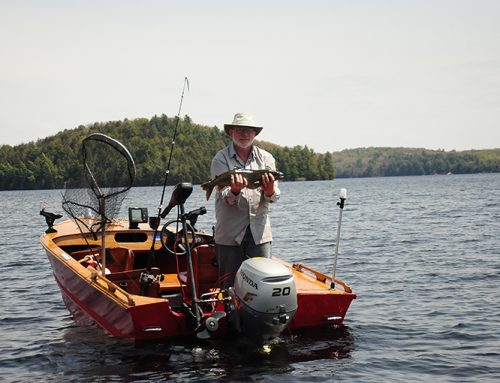
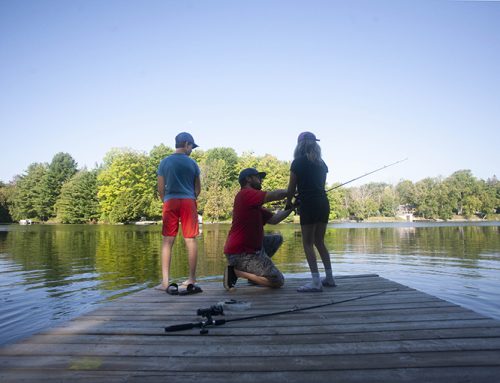

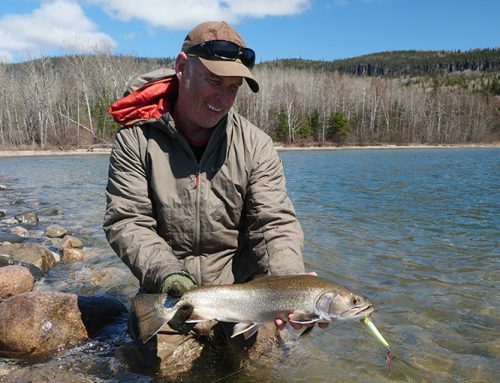
How about we look at the tick problem in Ontario. Not many people drink from beaver ponds or lakes